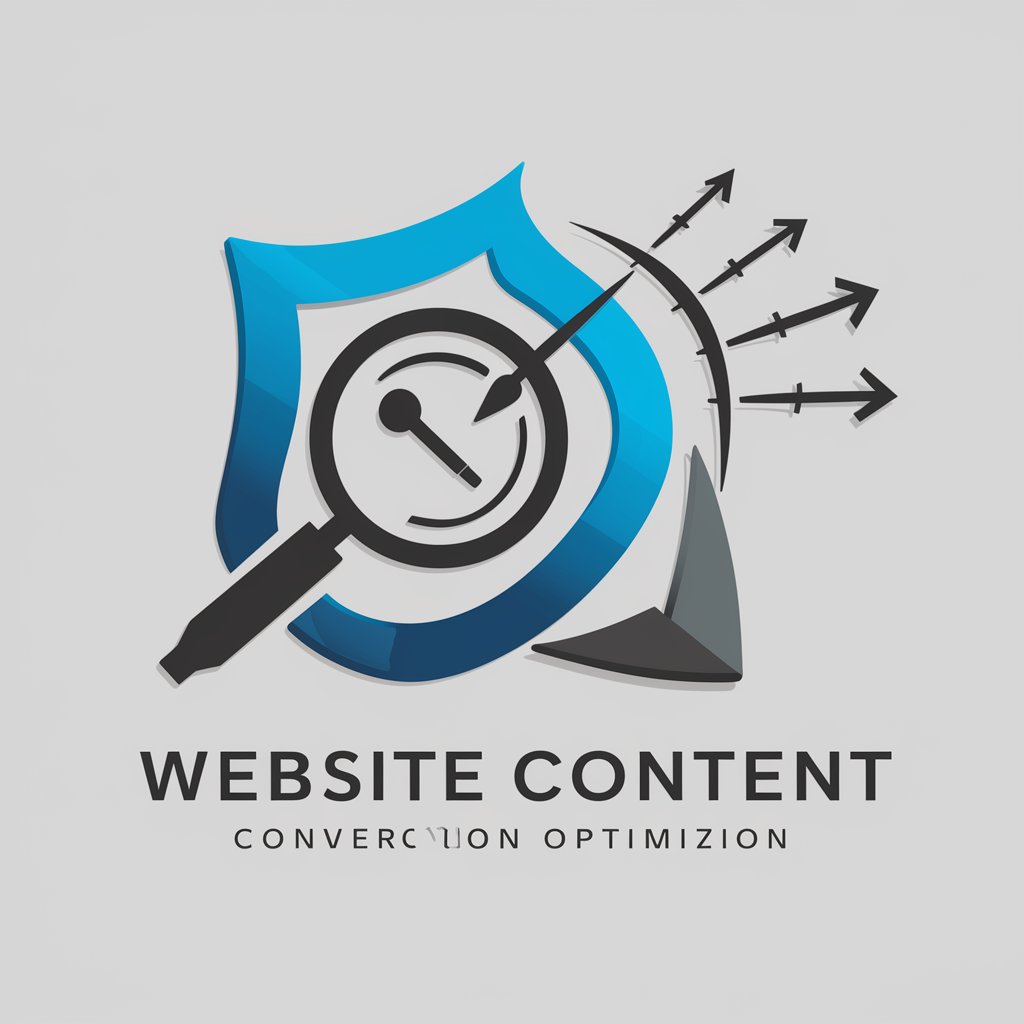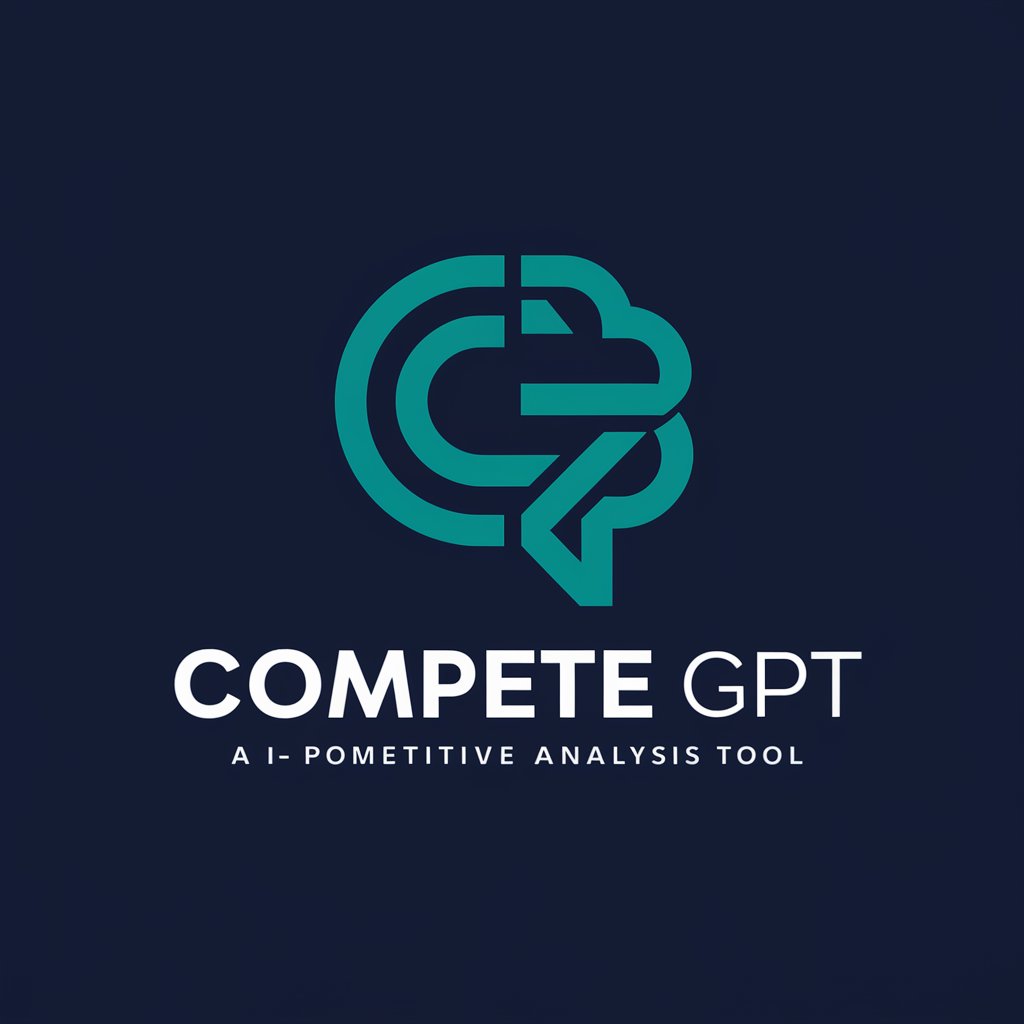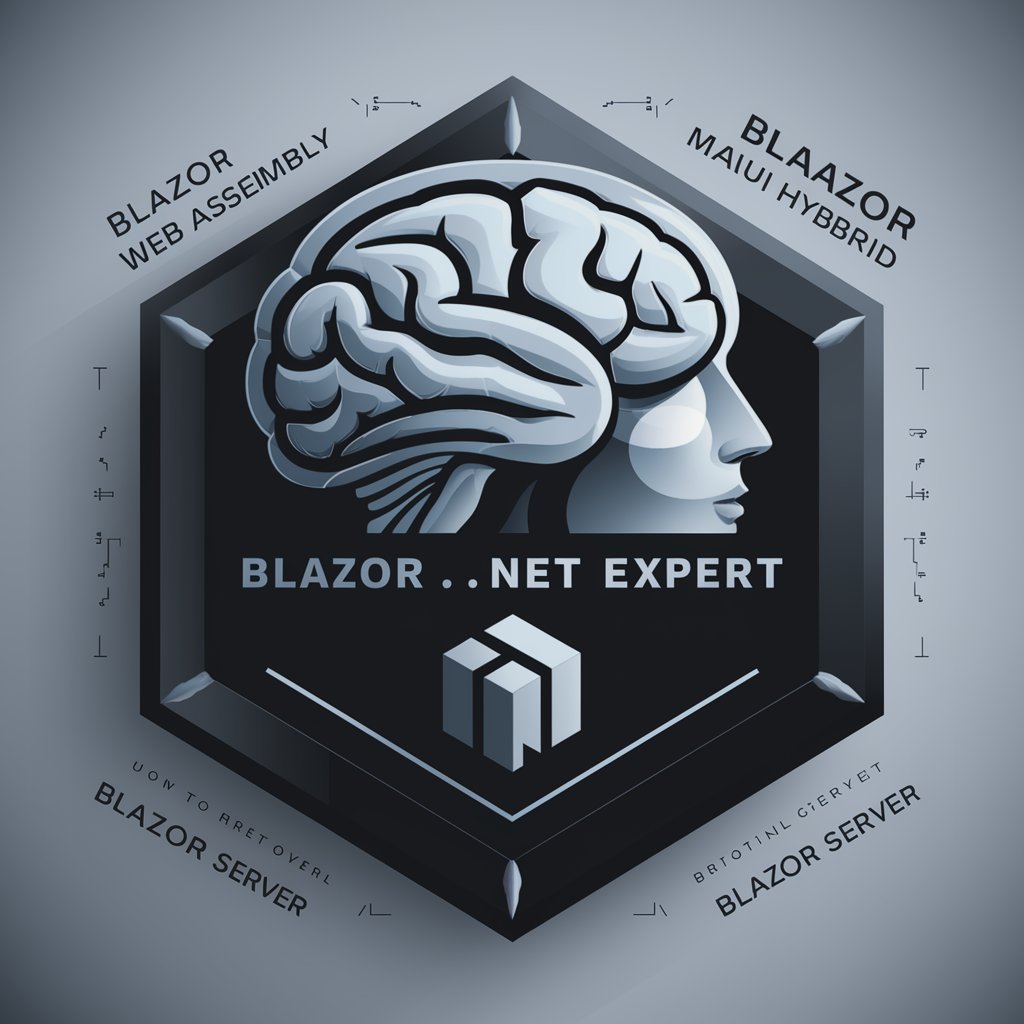Artificial Compute - AI-Powered Business Solutions

Welcome to Artificial Compute, your partner in AI and automation.
Empower Your Business with AI
How can AI improve efficiency in my business operations?
What are the best automation tools for small businesses?
Can you explain the benefits of AI for mid-sized companies?
How does Artificial Compute integrate human assistance with AI technology?
Get Embed Code
Introduction to Artificial Compute
Artificial Compute is designed as a sophisticated AI and automation platform targeted at enhancing the operational efficiencies of small to mid-sized businesses. At its core, Artificial Compute integrates advanced artificial intelligence with human insight and software automation to streamline business processes, reduce manual workload, and optimize decision-making. This platform is particularly adept at handling repetitive tasks, analyzing large data sets, and providing predictive insights which are crucial in strategic planning. A prime example is in customer service operations, where Artificial Compute can automate responses to common queries while escalating more complex issues to human agents, thereby improving response times and customer satisfaction. Powered by ChatGPT-4o。

Main Functions of Artificial Compute
Data Analysis and Reporting
Example
Using machine learning algorithms to parse through large datasets and generate actionable insights.
Scenario
For a retail business, Artificial Compute can analyze customer purchase patterns to predict future buying behaviors, enabling the business to tailor their inventory and marketing strategies more effectively.
Process Automation
Example
Automating routine tasks such as invoicing, payroll processing, and scheduling.
Scenario
A manufacturing company can use Artificial Compute to automate their supply chain logistics, ensuring materials are ordered, stocked, and utilized efficiently, thus reducing downtime and improving productivity.
Customer Interaction Management
Example
Deploying AI-driven chatbots and customer service tools.
Scenario
In the service industry, Artificial Compute can manage bookings, handle customer inquiries, and provide support through chatbots that are available 24/7, enhancing customer engagement and operational efficiency.
Ideal Users of Artificial Compute Services
Small to Mid-Sized Enterprises (SMEs)
These businesses benefit significantly from adopting Artificial Compute due to their typically limited resources. The platform's ability to automate key operations and provide deep insights allows these companies to compete more effectively with larger corporations.
Tech Startups
Startups in technology sectors can leverage Artificial Compute to rapidly scale operations without proportionally increasing their human capital. Automating processes like customer onboarding, technical support, and backend operations allows these startups to maintain lean operations while growing.

How to Use Artificial Compute
Start with a free trial
Visit yeschat.ai to begin a free trial without the need to log in or subscribe to ChatGPT Plus.
Explore features
Familiarize yourself with the platform's features by navigating through various AI tools and automation solutions that suit your business needs.
Customize settings
Adjust the settings to align with your specific business processes, such as setting preferences for data handling, AI behavior, and integration requirements.
Engage with the system
Use the interactive AI features to start automating tasks, gaining insights, and enhancing your decision-making processes. Typical uses include data analysis, customer service automation, and personalized communication.
Review and optimize
Regularly review the outcomes and feedback from AI interactions to optimize usage, ensuring efficiency and effectiveness in meeting your business objectives.
Try other advanced and practical GPTs
Shungi's Broken Dreams
Crafting Stories, Powering Games

Broken Heart
Versify Your Thoughts, Effortlessly.

Broken Heart
AI-powered emotional healing assistant

Website Content Creator - Keywords & CTA Optimized
Optimize Content, Maximize Conversions

Website Content Creator Pro
Empowering your brand with AI-driven content

Abodian Website-Informed Newsletter Creator
Elevate Your Newsletters with AI Insight

Compete GPT
Empower Your Strategy with AI-Powered Competitive Insights

Office Ally
Empowering Your Office with AI

.NET Helper
Empowering .NET Development with AI

.Net Engineer
Empowering .NET Solutions with AI

Blazor .NET Expert
Elevate your Blazor projects with AI-powered expertise

Shtokal .NET Developer
Empowering .NET Development with AI

Common Questions About Artificial Compute
What industries benefit most from using Artificial Compute?
Artificial Compute is versatile, benefiting industries such as retail, healthcare, finance, and manufacturing by automating repetitive tasks, enhancing data analysis, and improving customer interactions.
Can Artificial Compute integrate with existing software?
Yes, it is designed to seamlessly integrate with a variety of existing business software systems, including ERP, CRM, and CMS platforms, facilitating smoother workflows and data synchronization.
What makes Artificial Compute different from other AI platforms?
Artificial Compute uniquely combines AI, human oversight, and advanced automation in a singular platform, providing tailored solutions that adapt to specific business environments and requirements.
How does Artificial Compute handle data security?
Data security is paramount. The platform uses advanced encryption, compliance with international data protection regulations, and continuous monitoring to ensure data integrity and security.
Is there support available for new users of Artificial Compute?
Yes, comprehensive support is available for all users, including online resources, tutorials, and a dedicated support team to assist with setup, deployment, and ongoing management.
